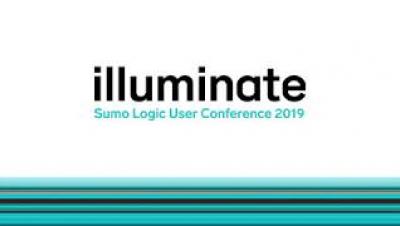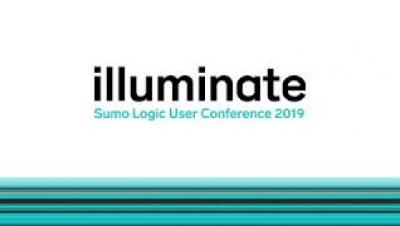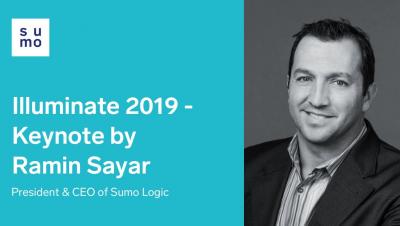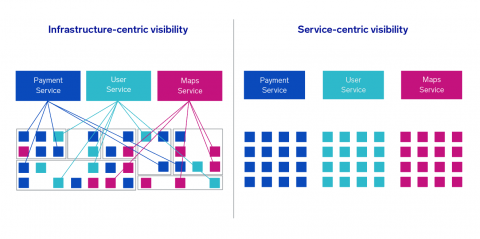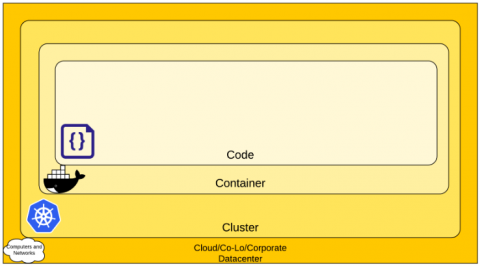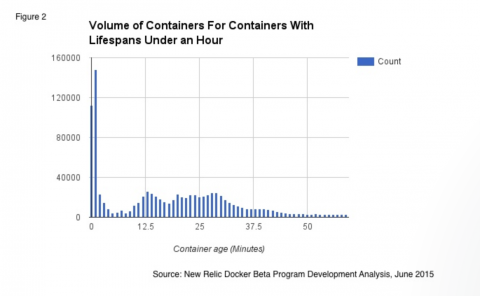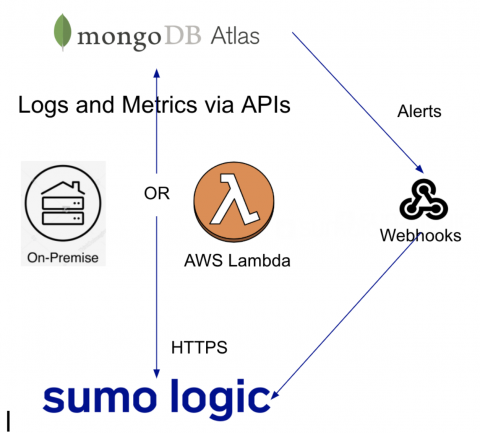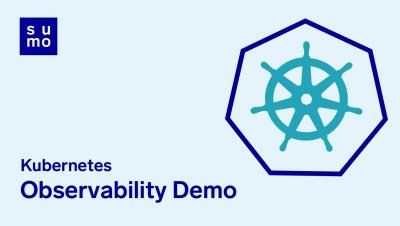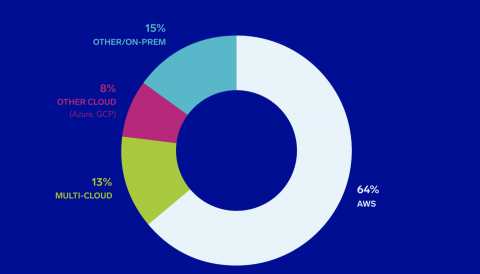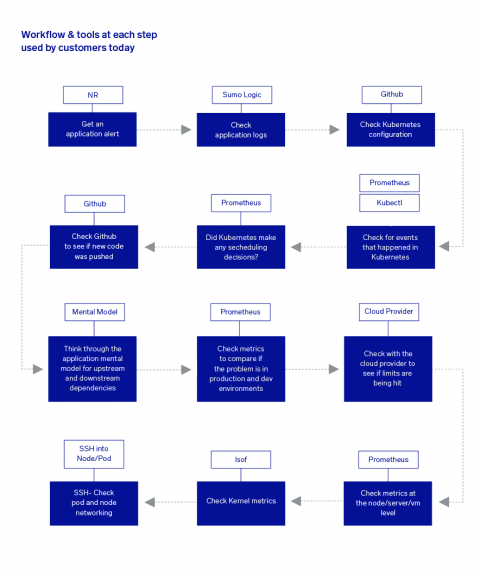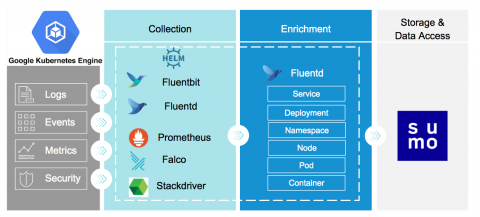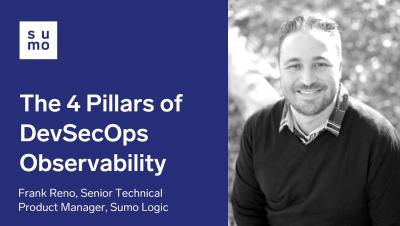Operations | Monitoring | ITSM | DevOps | Cloud
September 2019
Sure, we can do that! - Advanced Tips and Tricks
Illuminate 2019 - Keynote by Ramin Sayar, President & CEO of Sumo Logic
Serverless Computing for Dummies: AWS vs. Azure vs. GCP
Serverless computing is the latest, greatest thing in the technology world. Although the serverless concept has been around in one form or another for more than a decade, the introduction of serverless platforms from major cloud providers—starting with AWS Lambda in 2014—has brought serverless mainstream for the first time.
Why Traditional Kubernetes Monitoring Solutions Fail
Kubernetes has several key differences that push the limits of traditional application monitoring. Due to the distributed ephemeral nature of Kubernetes, most existing solutions fail to give the visibility we might expect, resulting in longer resolution times. Looking at these potential pitfalls can help guide us as we take a fresh look at Kubernetes management and monitoring.
How to Secure Kubernetes Using Cloud SIEM?
Kubernetes, commonly called K8s, is an open-source container management system developed by Google. Containers and tools like Kubernetes enable automation of many aspects of application deployment, which provides tremendous benefits to businesses. K8s is just as vulnerable to attacks and cybercrime as traditional environments, in both public and private clouds. In this blog post, we’ve compiled everything you need to know to make sure your Kubernetes environment is safe.
Serverless Computing Security Tips
Serverless computing is becoming more popular as organizations look for new ways to deploy their applications in the cloud. With higher levels of abstraction, easier maintenance, a focus on high performance, and ephemeral workloads, serverless computing solutions like Lambda are finding a permanent place in the mix of cloud infrastructure options.
Webinar The 2019 Accelerate State of DevOps
Challenges of Monitoring and Troubleshooting in Kubernetes Environments
Kubernetes is great but complex! Whether to enable hybrid and multi-cloud, promote deeper specialization among development teams, enhance reliability, or simply stay ahead of the curve, organizations are reaping the varied benefits of this technology investment— but it comes at a cost. With each optimization, there are tradeoffs. With each layer of abstraction comes less visibility, resulting in more complexity when something goes wrong.
A 360 degree view of the performance, health and security of MongoDB Atlas
We're happy to announce that the MongoDB Atlas app is now available in the Sumo Logic app catalog. MongoDB Atlas is a globally distributed cloud database service and the easiest way to run MongoDB in the cloud. Atlas offers best-in-class automation, built-in security controls, and proven best practices to protect your data and scale your applications.
Monitoring Slack workspaces with the Sumo Logic app for Slack
Slack is a popular cloud-based set of software tools and online services that provides for secure collaboration across teams, departments, offices, and countries. We are happy to announce support for monitoring Slack workspaces with the new Sumo Logic app for Slack.
More Innovations from Sumo Logic that Harnesses the Power of Continuous Intelligence for Modern Enterprises
As a continuation of our latest innovations announcement at Illuminate, I want to take this time to announce a few other innovations we made in the past few months that allow our customers to maximize the use of our Continuous Intelligence platform to help them accelerate their pace of innovation and differentiate the services they deliver to their customers.
Kubernetes Observability Demo - Sumo Logic
6 Observations from the 2019 CI Report: State of Modern Applications and DevSecOps In The Cloud
Will a technology not heard of four years ago completely change the Cloud Wars landscape? Are we going to see enterprises finally make a shift to multi-cloud? Is AWS Lambda ready for primetime?
Helping solve the Kubernetes challenge: Sumo Logic at the helm
Unless you have been living under a rock, you have probably heard of Kubernetes, the open source container orchestration governed by the Cloud Native Computing Foundation. Kubernetes helps you focus on your applications by providing powerful abstractions and help solves many of the challenges of managing, deploying and scaling your containerized applications.
Monitor your Google Anthos clusters with the Sumo Logic Istio app ?
Sumo Logic was one of the first in the industry to release a comprehensive set of applications to monitor and secure the Google Cloud Platform (GCP) stack. We are now expanding our support for Anthos. Anthos is Google Cloud’s open source based platform that lets enterprises run apps anywhere on-prem or in the cloud -- simply, flexibly, securely, and consistently.
Reimaging Observability: Announcing Sumo Logic's new Kubernetes Solution
The history of technology, and Enterprise IT, in particular, is a story of trends colliding with trends. In the case of Kubernetes, we have the intersecting trends of cloud, microservices, and containerization adoption. The orchestration platform born in the juggernaut that is Google has become the focal point for all 3 of these trends. And why do companies care? Because it is life and death.
The 4 Pillars of DevSecOps Observability
What is PCI DSS compliance?
Does your business accept credit card payments? If that’s the case, you should read this article to find out what the challenges to the Payment Card Industry Data Security Standard (PCI DSS) are, and the current best practices to ensure that you are in compliance with this legal requirement.
Objectives-Driven Observability
Today I wanted to write about something that’s been on my mind for the last few months. The industry spends quite a bit of time talking about observability these days and something’s been, somewhat vaguely, bothering me about it. So about a week or so ago, I spent some time figuring out what was bothering me and had some insights I would like to share.


